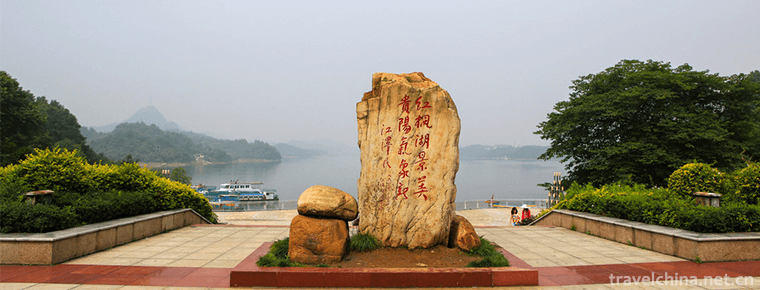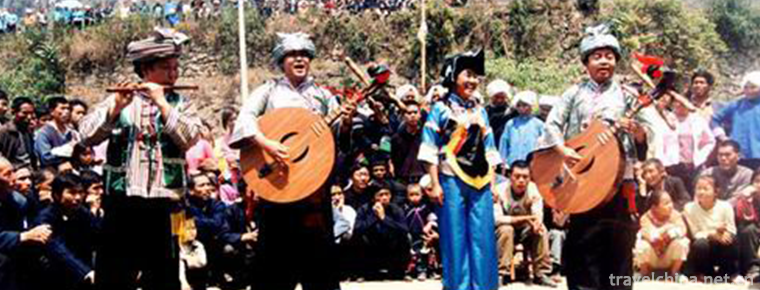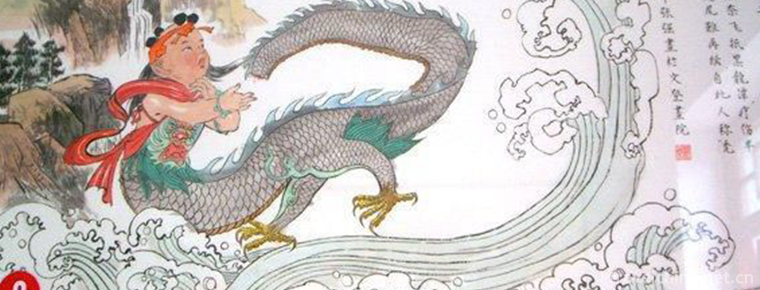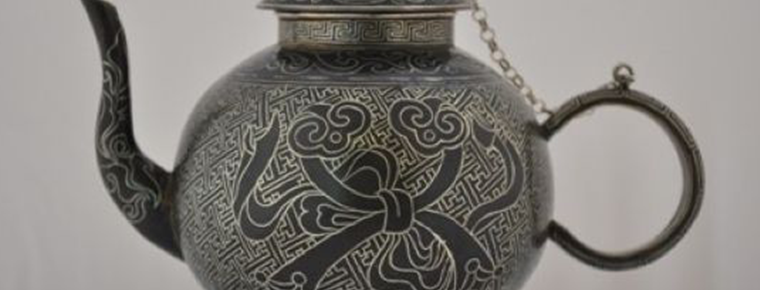Ocean song
Ocean song
Fisherman's chant is the traditional folk song of Zhoushan Islands in Zhejiang Province, which belongs to the general name of the local boat and fisherman's chant. It is the folk oral music passed down from generation to generation by fishermen and boatmen in Zhoushan Islands. It is closely associated with fishing boats, transport boat operations and fishermen (boat) working on the sea and shore. It is one of the representative folk labor chants of Zhejiang Province and even China. The integration of Chinese folk songs (Zhejiang Volume) ) Both "Selected Chinese Fishing Songs" and "Selected Chinese Fishing Songs" are recorded and recorded.
On June 7, 2008, the ocean slogan declared by Daishan County, Zhejiang Province, was approved by the State Council and listed in the second batch of national intangible cultural heritage lists.
Heritage serial number: 596 II-97.
historical origin
Zhoushan fishermen's song originated from Zhoushan and Daishan islands in Zhoushan fishing ground, and has certain influence in southeastern coastal areas of China.
Zhoushan Fishing Ground is one of the four largest fishing grounds in the world, ranking first in China's fishing ground. It abounds in big yellow croaker, small yellow croaker, hairtail and cuttlefish. It is known as the "Fishing Capital of China". Zhoushan is an archipelagic city with 1 390 islands, including Hai, Putuo and Daishan and Shengsi counties. Zhoushan Island is the largest, followed by Daishan Island. Zhoushan is located in the southeastern coast of China, the center of the coast of the mainland of China, and the famous outlets of the Yangtze, Qiantang and Yongjiang rivers. Daishan is a large marine county with abundant fishery resources, especially famous for its large yellow croaker. From the mid-Qing Dynasty to the early days of the Republic of China, tens of thousands of fishermen gathered in the southeastern coastal areas of Shandong, Jiangsu, Zhejiang, Fujian, Guangdong and Taiwan to round up large yellow croaker in Daiqu Ocean, and stopped sailing in Daishan to bask in the sea.
In the old Daishan and Zhoushan islands, wooden sailboats were the main means of fishing and maritime transportation. All working procedures on board the ship rely on manual operation, and collective labor is extremely heavy. Various processes need to shout slogans to unite action and regulate mood, thus forming a rich slogan.
Representative works
Zhoushan fishermen's chant (Daishan chant) can be divided into dozens of kinds according to the working procedure, such as "Anchor-lifting chant", "Teng-pulling chant", "Rolling horn" and "Net-lifting chant". The tune is rough and bold, and has formed a series of tunes, with distinct personality and local characteristics in style.
Inheritance status
Zhou Wenli, a representative successor
In 2008, Zhou Wenli, a 76-year-old fisherman in Shengsi County, was selected as the representative successor of "Zhoushan Fisherman's Number", which enabled such famous fishermen's Numbers as "Drawing Tent Number" and "Swinging Boat Number" to be inherited. Zhou Wenli has been with the fisherman's song for 60 years since he went fishing at the age of 16. Zhou Wenli said that the song of Shengsi fishermen had a distinct rhythm and strong rhythm, which met the needs of fishery labor at that time, such as netting, anchoring, boat pulling and rolling. At the same time, chant lyrics are generally mood words, sound strong, strong rhythm.
Zhou Wenli was fond of the "Tenning Horn" because he was the vice-president of fishing boat and was responsible for the work of the tenting on the boat when he was young. When talking to the author, he specially performed the chant. The old man seemed to be in the scene when the fishing boat set sail again: "Hey, hey, hey, hey!" When he let go of his voice and shook his arm, the fishermen on the boat pulled the sail with great effort: "Come on, Ann'an has a good tongue." Everyone is in step, unified work, and the fishing boat sails smoothly...
Although it is an ancient and rare year, Zhou Wenli's voice is still long when he shouts his slogan. It is not easy to shout fishermen's chants well. Zhou Wenli summed up a unique set of experience. He said that when shouting chants, saliva should be contained in the throat. Only by rolling saliva in the throat can the voice be strong enough and the tune be better. With his unique skills, Zhou Wenli won two awards of "elegance" and "popularity" in the TV finals of "Zhoushan Fishermen's Number King". In November, he was invited to participate in the Chinese Fishing Song Invitational Competition, in which he became one of the most concerned actors on the spot with a song "pulling anchor trumpet".
With the frequent awards in the competition, Zhou Wenli has gained a certain popularity in the local area, and more people came to ask him for advice. The County Cultural Museum also recorded fishermen's chants for him as the original material for the re-creation of Shengsi fishing songs. Some people in the village persuaded him: "Fishermen's song must not be hired, once let others learn, the prize will be taken away by others." But Zhou Wenli took this teaching as a way to inherit the song of Shengsi fishermen. He pledged, "I can teach others as much as I have in my stomach." Zhou Wenli said happily that he had found a successor to teach fishermen's song.
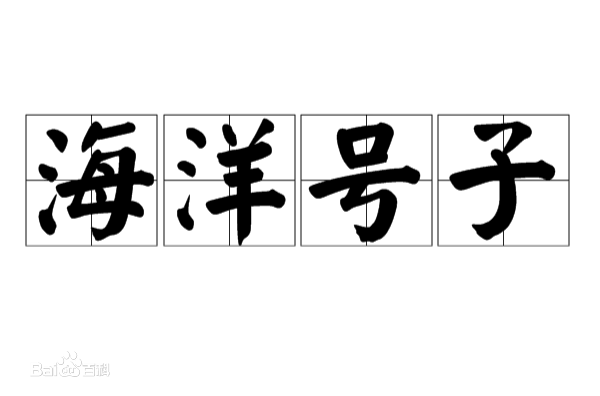
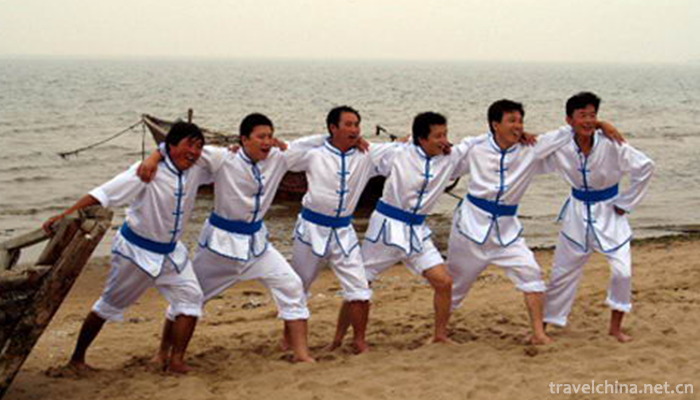
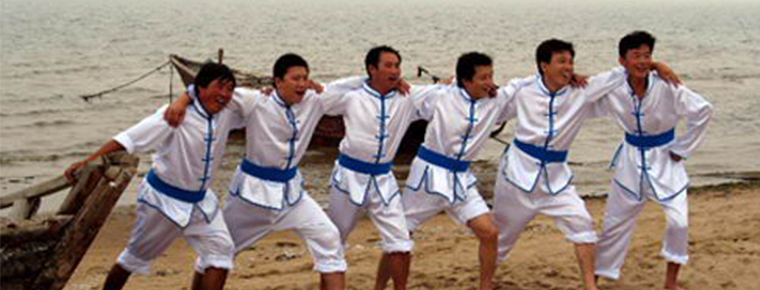
Ocean song
-
Cattle back Mountain Niubeishan Mountain
Niubei Mountain is located in the border of Xingjing County and Luding County in Ya'an City, Sichuan Province. It is the watershed between Qingyi...
Views: 245 Time 2018-10-13 -
Taining Scenic Tourist Area
Taining Scenic Spot: World Geopark, National AAAAA Class Tourist Spot, National Key Scenic Spot, National Forest Park, National Geopark, National Key Cultural Relics Protection Unit
Views: 220 Time 2018-12-08 -
SiMian Mountain Scenic Area
The Simian Mountain is located in the remnants of the northern slope of Dalou Mountain in Yunnan-Guizhou Plateau, which is an inverted mountain in geology. Located in the south of Jiangjin District of
Views: 223 Time 2018-12-12 -
China Coal Museum
The China Coal Museum is located at the intersection of Yingze Street and Jinci Road in Taiyuan City. It was completed and opened on September 30, 1989
Views: 218 Time 2018-12-22 -
Hongfeng Lake Scenic Area
Hongfeng Lake Scenic Spot is located in the western suburb of Guiyang City, Guizhou Province, China. It is 28 kilometers away from Guiyang, the capital of Guizhou Province.
Views: 174 Time 2019-01-16 -
Zhijin cave
Zhijin Cave, located in Guanzhai Miao Township, Zhijin County, Guizhou Province, is located on the South Bank of Liuchong River, one of the sources of Wujiang River, 120 kilometers away from Guiyang,
Views: 163 Time 2019-03-18 -
Buyi Folk Songs
Bouyei folk songs have special features, such as ancient songs, narrative songs, love songs, wine songs and labor songs; solo, duet, chorus and duet in form; tunes are divided into major and minor. Ev
Views: 158 Time 2019-04-04 -
Legend of bald tailed Lao Li
Folk legends of bald-tailed Lao Li are widely circulated in Shandong Province, and similar written records are found in Yuan Mei's Zi Yu of the Qing Dynasty: "Bi Shifu, Wendeng County, Shandong P
Views: 151 Time 2019-06-23 -
Production Techniques of Black Copper Walking Silver
The process of making silver from black copper is very complicated. Usually, it has to go through nearly 20 processes, such as refining copper, blanking, pattern carving, silver walking, forming, poli
Views: 166 Time 2019-06-29 -
North China Electric Power University
North China Electric Power University is a national key university directly under the Ministry of Education. It is a key construction University of "211 Project" and "985 Project Advant
Views: 264 Time 2019-09-22 -
Deyang secondary industry
In 2018, the total industrial added value of Deyang City was 101.28 billion yuan, an increase of 9.8% over the previous year. By the end of the year, there were 1376 Industrial Enterprises above Designated Size, and the added value of industries above
Views: 337 Time 2020-12-14 -
Leshan climate
Leshan has formed a variety of climate types under specific geographical conditions. Because the region is located near 29 ° n, the city belongs to the middle subtropical climate zone, with the characteristics of four distinct seasons, abundant rainfall, water
Views: 407 Time 2020-12-17




